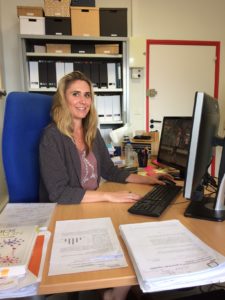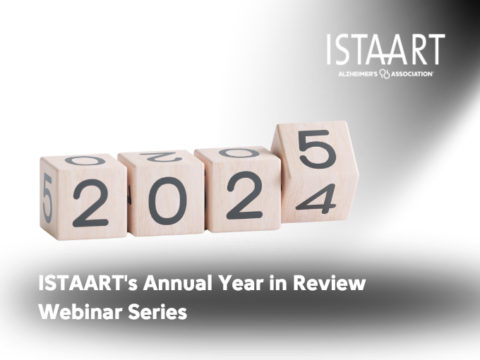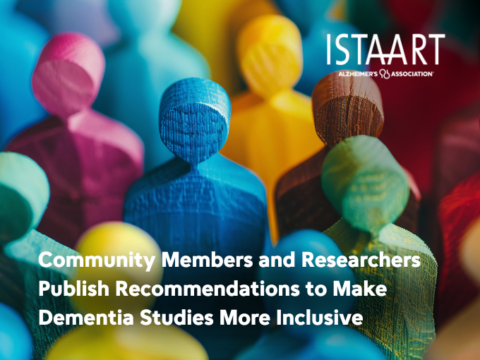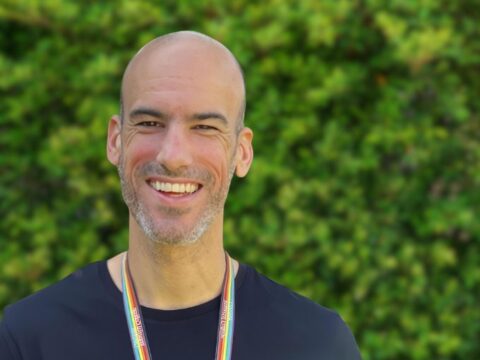
Dr Cécilia Samieri
Name:
Dr Cécilia Samieri
Job title:
Epidemiologist Researcher
Place of work / study:
INSERM (French National Institute for Health), Bordeaux, France
Area of Research:
Nutritional epidemiology, lifestyle risk factors, exposome
Tell us a little about yourself:
After a doctorate in veterinary medicine, I obtained a doctorate in epidemiology from the University of Bordeaux (France) in 2009, and then trained as a postdoctoral fellow with Francine Grodstein at the Channing Division of Network Medicine, Harvard Medical School and Harvard T Chan School of Public Health (Boston). Back in France, I joined INSERM (French National Institute for Health) as a permanent researcher in 2015, in the Bordeaux Population Health Research Center, INSERM U1219.
My research focuses on the epidemiology of brain aging, with the main objective of understanding how environmental factors, including nutrition and cardiometabolic health, and more broadly the exposome, influence the etiology of age-related brain diseases, such as dementia and its leading cause, Alzheimer’s disease. I have worked on several large cohorts on dementia and cognitive decline (eg, Three-City [3C] study in France, Nurses’ Health study in the US), with the objective of studying with a holistic vision the influence of lifestyle on brain health, from overall lifestyle patterns (eg, dietary patterns) to molecular markers of the exposome. I have led several projects on the environmental risk factors of Alzheimer’s disease; for example, an Alzheimer Association Research grant on using network science to identify dietary patterns in prodromal dementia. I am academic co-chair of the Alzheimer’s Association’s Professional Interest Area group on Nutrition and Metabolic Diseases.
Tell us a fun fact about yourself:
Before I started my PhD, I have been pregnant during two years (I mean, got two babies two consecutive summer!)
Why did you choose to work in dementia?
After my vet studies, I was offered a thesis on nutritional risk factors for brain ageing and I discovered the dementia field during my doctoral thesis. I was fascinated by the challenges posed by this complex disease – many of which are still open questions today.
Can we find you on Twitter?
No, sorry!

 Print This Post
Print This Post





